2002 Cabinet Papers: Amanda Vanstone on John Howard, Pacific family and ‘egomaniacs who take notes’
Amanda Vanstone lifts the lid on her time in cabinet, including her dealings with John Howard and disdain for ministers more concerned with publishing memoirs than serving the community.
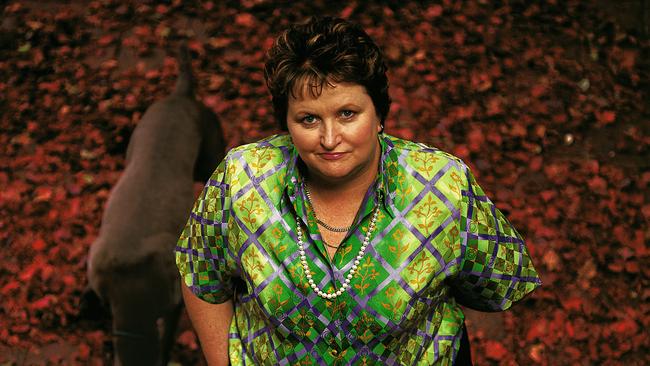
During her years in cabinet, Amanda Vanstone had no time for “egomaniacs” keeping their own detailed record of cabinet meetings, noting which ministers said what, to be later used in memoirs or as published diaries.
“I don‘t have any time for the egomaniacs who took notes,” Ms Vanstone said. “There is a cabinet rule for a reason. Years and years of experience have told people that’s a bad idea. So those that did it, because they want to write a book, don’t get much truck with me.”
Speaking at the embargoed briefing for journalists on the 2002 cabinet records last month, Ms Vanstone, who served as Family and Community Services Minister that year, said John Howard was a good chair of cabinet who was fair and consultative with ministers.
CABINET PAPERS 2002
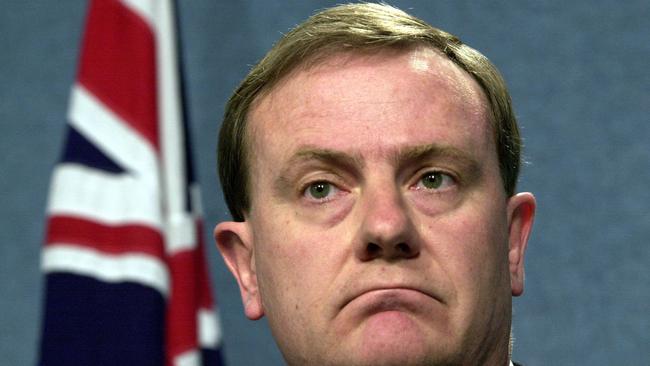
‘Advantage lost’: Costello slams inaction on debt
Twenty years after warning cabinet of significant future budget pressures, former Treasurer Peter Costello says the fiscal and debt position of the nation is far worse than it needed to be.
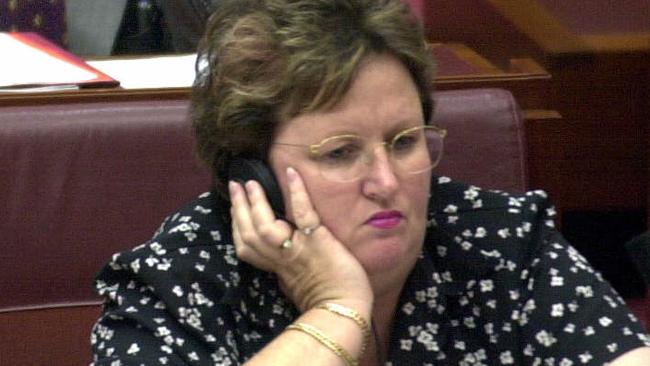
‘I don’t have time for egomaniacs who take notes’
Amanda Vanstone lifts the lid on her time in cabinet, including her dealings with John Howard and disdain for ministers more concerned with publishing memoirs than serving the community.
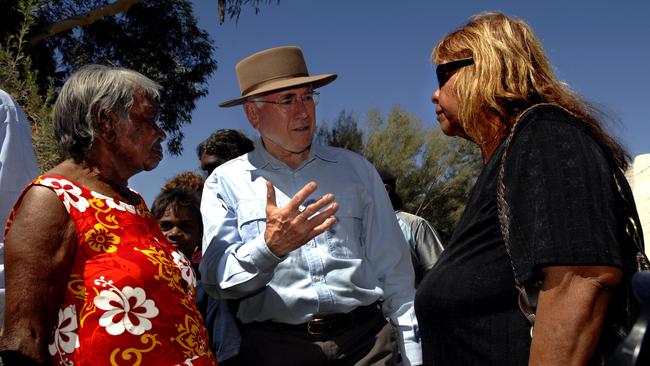
Why Howard government refused to say sorry
Fears that present day Australians would be held responsible for atrocities of the past were behind the Howard government’s refusal to apologise to Indigenous Australians in 2002.
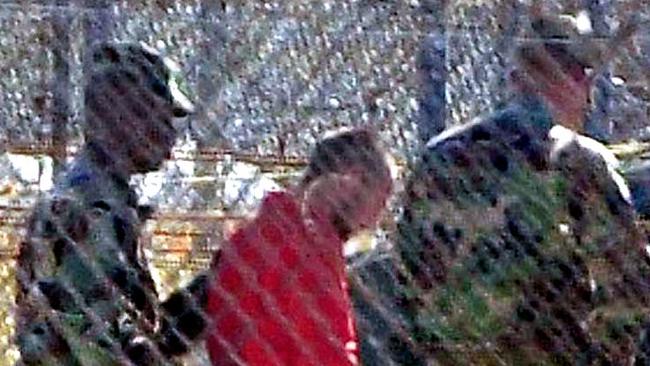
Hicks’ Guantanamo detention ‘lawful’, government ruled
Australian and US governments agreed on the need for a ‘consistent public position’ on Guantanamo detainee David Hicks, cabinet minutes from February 2002 reveal.
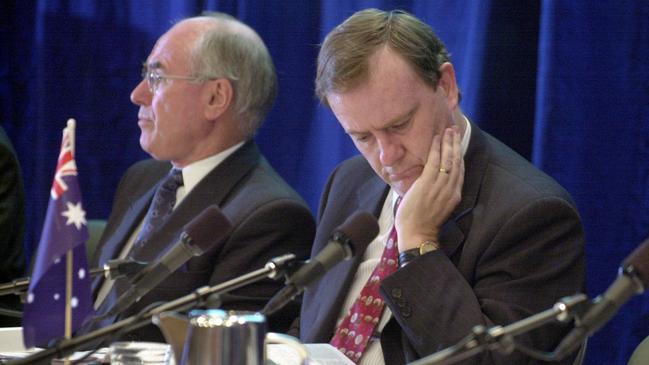
‘Why we never ratified Kyoto was beyond me’: Costello
Peter Costello laments rejection of 1997 Kyoto Protocol as cabinet documents from 2002 reveal Treasury argued for incentives to invest in cleaner energy.
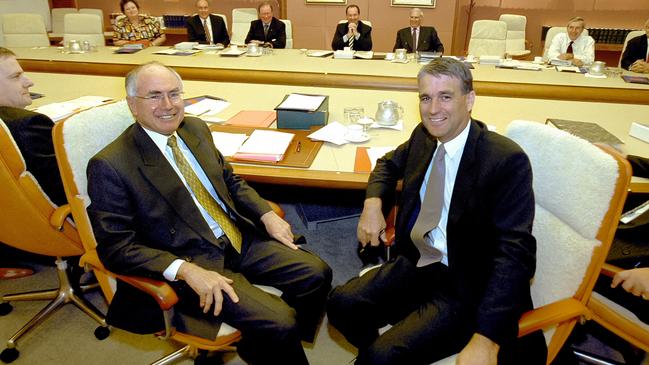
Howard warns on ‘reform fatigue’
John Howard and Peter Costello urge major parties to prioritise deficit and debt reduction to protect the nation from the next major economic shock.
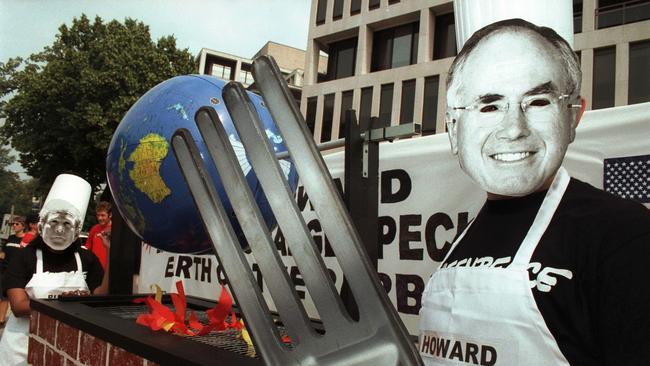
How Kyoto rejection kickstarted the climate wars
Concerns the Kyoto protocol would ‘risk Australia’s competitive advantage in emissions-intensive activities’ were one reason behind Howard government’s refusal to ratify the agreement.

Frustration over new security laws post-9/11
The Department of Prime Minister and Cabinet feared its inability to get state agreement on contentious new security measures in the wake of September 11.
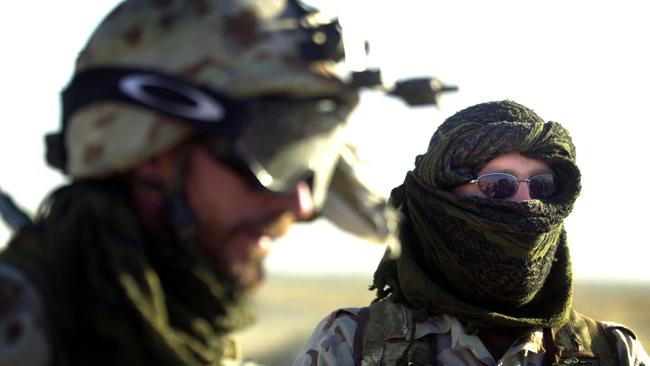
How 9/11, Bali bombings changed our military
With the threat of terrorism looming large, the Howard government created a national special forces command to ensure ‘surgical’ military responses.
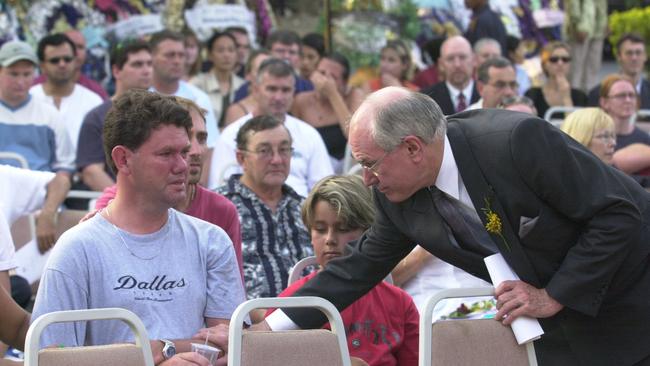
Release of Bali bombmaker ‘regrettable’
Former PM sympathises with victims and relatives over early release from jail of Bali bombmaker Umar Patek.

Australia wary of Afghanistan troop commitment
Declassified national security committee documents reveal that in June of 2002, Defence argued it was ‘not in a position to contribute’ to UN force in Afghanistan.
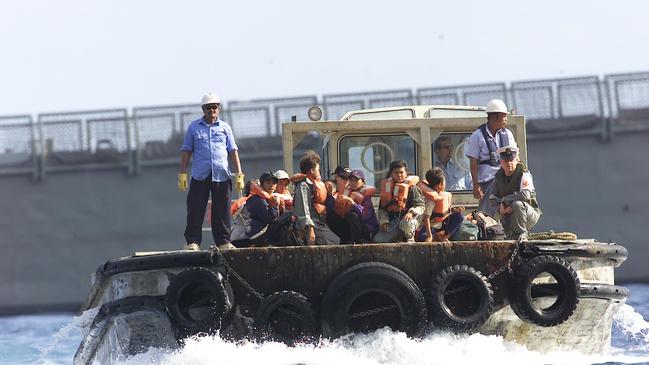
Christmas Island detention centre’s fast-tracking revealed
The Howard government fast-tracked plans to build the first ‘purpose-designed and built’ offshore detention centre controlled by Australia in 2002.
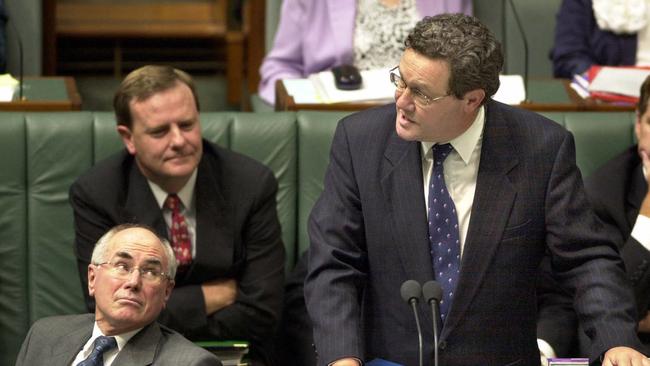
Timor Sea Treaty negotiations to be kept under wraps
Disclosure of details on joint resource-sharing agreement between East Timor and Australia would “damage security”, National Archives rules.
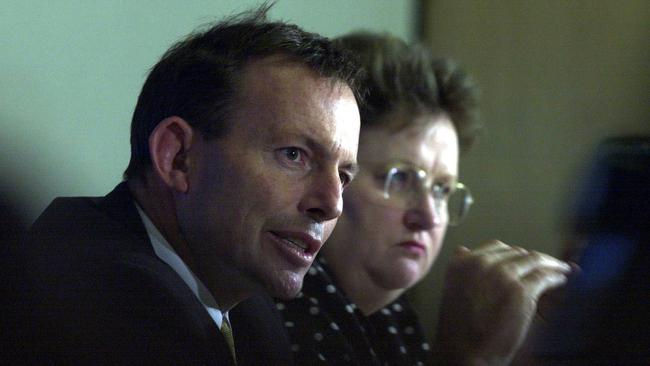
Push to restrain growth of disability pension
Concerns over ‘inappropriate access’ to the Disability Support Pension prompted Howard government to introduce measures to reduce number of recipients, cabinet papers from 2002 reveal.
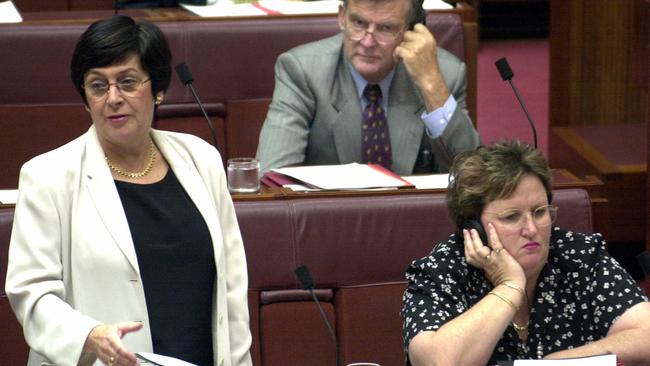
“He would never allow shirtiness,” Ms Vanstone recalled. “He was good at assessing whether you needed a vote or not. More often than not, we just didn‘t have a vote. It was quite clear what the feeling in the room was. Even though there might have been quite vociferous dissent from a couple (of ministers), the room would recognise, as he would, where the mood was.”
Commenting on the Howard government’s refugee boat turnback and offshore processing policies, Ms Vanstone said she regretted that ministers were not able to get voters to fully understand that it also accepted thousands of refugees and spent “large amounts of money on fabulous resettlement programs” that gave people “a new decent life” in Australia.
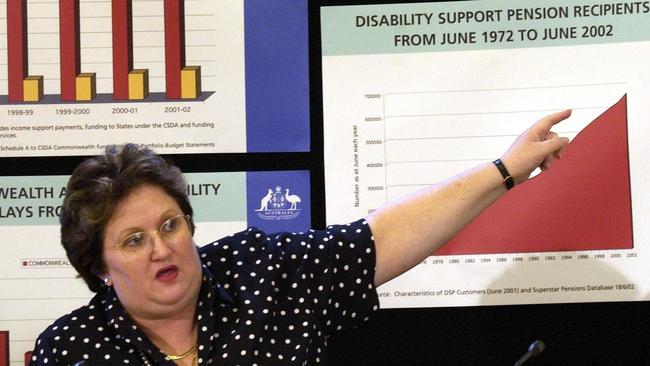
Noting a range of issues in the cabinet records released by the National Archives of Australia on January 1 such as climate change, water management, drought, drug policy, defence procurement, health, housing and relations with Pacific Island nations, Ms Vanstone said they have contemporary echoes.
“These are all still problematic,” she said. “It‘s not that those previous decisions haven’t been worthwhile, it’s just that … the world keeps moving on and government has to keep moving on with it. So it’s not that the more things change, the more they stay the same, I’m saying that things change and we are dealing with the same sorts of issues.”
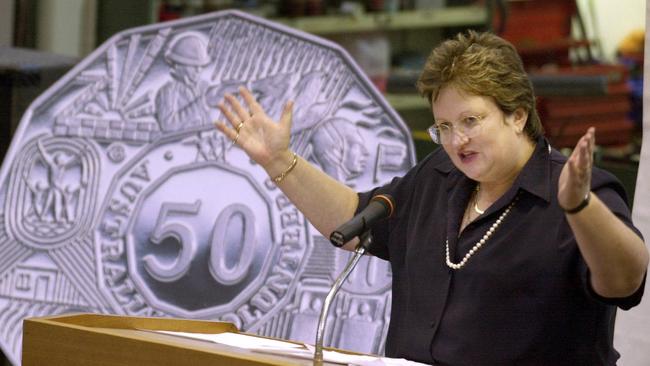
Ms Vanstone said while ministers, their staff and public servants work very hard, much of government carries on without ministers making decisions and they are not always reflected in cabinet records.
“If (cabinet) didn‘t meet for nine months, Australia would keep going,” she reflected. “You know, cabinet does not run the country in the sense of keeping the wheels going. Other people do – truckies, shopkeepers, public servants. That all keeps happening whether cabinet meets or not.”


To join the conversation, please log in. Don't have an account? Register
Join the conversation, you are commenting as Logout